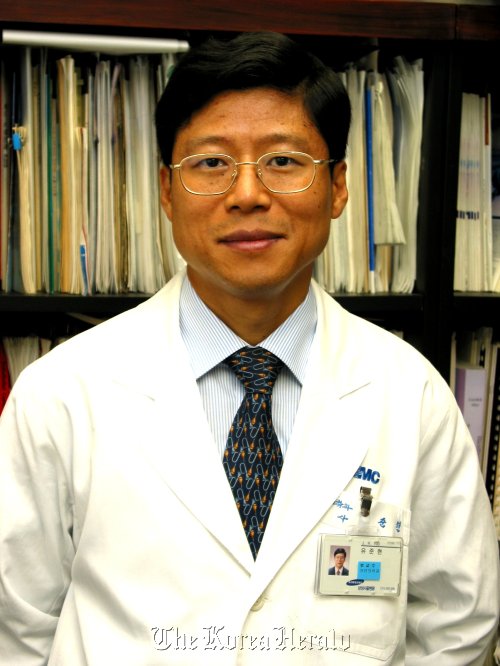
Air-conditioningitis is not caused by the cold air itself but by the body’s inability to deal with the temperature differential when moving from a cool place to a warm place and vice versa. The body has the ability to adapt to the external environment and needs to maintain an internal balance in order to survive. The human body needs between a few days and two weeks to fully adapt to external temperature changes. When exposed to cold air for an extended period of time, the body’s peripheral blood vessels contract in order to suppress heat loss. This can easily cause a swelling of the face or the hands. To compensate for heat loss, the body reacts by producing heat which can provoke fatigue, malaise and drowsiness. The extended use of an air conditioner also reduces the humidity of a room. This can cause the mucosa of the respiratory system to dry up, which in turn can trigger pharyngitis (sore throat). In short, it causes cold-like symptoms, chronic fatigue, headaches and digestive disorders. If these symptoms become chronic, they can lead to irregular menstruation in women and muscle paralysis in elderly patients. When the skin temperature drops, the muscles stiffen and disrupt the patient’s fine motor skills. These symptoms can commonly be seen in workplaces during the summer.

Bus drivers, taxi drivers, housewives, children, students, senior citizens and bed-ridden patients are susceptible to air-conditioningitis. Children, senior citizens, thin women and people suffering from chronic fatigue are especially susceptible to air-conditioningitis and other secondary infections as their body does not retain efficiently its physiological balance.
When the temperature exceeds 25 degrees Celsius, it is quite common to fall asleep with the air conditioning on and when exposed to cold air all night long, it is easy to develop the cold-like symptoms caused by air-conditioningitis. Therefore, precautions should be taken. Instead of going to bed with the air conditioning turned on, people should take a cold shower after having done a few mild exercises and try to fall asleep while still feeling cool. When the heat becomes sweltering, you should try to lighten your schedule and only take care of essential business. Getting sufficient rest and living a calm orderly life is good for your body and mind.
To avoid getting air-conditioningitis, you should reduce your exposure to air-conditioning as much as possible. You should try to keep the difference between indoor and outdoor temperatures to 5-8 degrees Celsius. Maintaining the room temperature at 23-25 degrees Celsius and opening the windows for ventilation every hour is good for your health. On a personal level, make sure that you eat breakfast and try to eat vitamin-rich fruits as often as you can. Try drinking water or tea while at work to make sure that you stay sufficiently hydrated. Avoid overworking and heavy drinking. Smoking will aggravate any respiratory symptoms and is a main cause of summer colds.
If your environment exposes you to prolonged air-conditioning, wear a long sleeved sweater indoors. Keep your knees warm with a thin blanket over your lap. Avoiding exposure to air conditioning as much as possible and doing outdoor exercises is good. However, establishing an environmental control system that can respond quickly and flexibly to external temperatures is more important than any personal measures one can take to prevent air-conditioningitis.
By Yoo Jun-hyun
The author is a professor of Sung Kyun Kwan University School of Medicine and doctor at department of family medicine of Samsung Medical Center. ― Ed.








![[Graphic News] More Koreans say they plan long-distance trips this year](http://res.heraldm.com/phpwas/restmb_idxmake.php?idx=644&simg=/content/image/2024/04/17/20240417050828_0.gif&u=)
![[KH Explains] Hyundai's full hybrid edge to pay off amid slow transition to pure EVs](http://res.heraldm.com/phpwas/restmb_idxmake.php?idx=644&simg=/content/image/2024/04/18/20240418050645_0.jpg&u=20240419100350)







![[KH Explains] Hyundai's full hybrid edge to pay off amid slow transition to pure EVs](http://res.heraldm.com/phpwas/restmb_idxmake.php?idx=652&simg=/content/image/2024/04/18/20240418050645_0.jpg&u=20240419100350)

![[Today’s K-pop] Illit drops debut single remix](http://res.heraldm.com/phpwas/restmb_idxmake.php?idx=642&simg=/content/image/2024/04/19/20240419050612_0.jpg&u=)